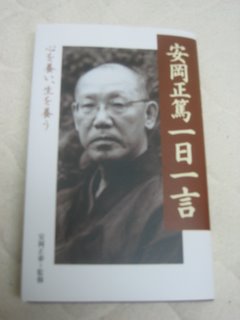1.
"On behalf of our President Professor OOO and all members of the Faculty Recruitment Committee I would like to thank you for sending us the documentation on your background and your interest in OOO. We highly appreciated the documents you have sent, and also the obvious investment you made in a very thorough preparation.
We have now carefully reviewed a very large number of applications for faculty positions and regret to inform you that we do not intend to pursue your application further. This is largely a question of perceived fit with the School’s needs rather than a question of your particular background or qualifications – both of which are very strong.
We would like to thank you again sincerely for your interest in esmt as well as for your patience, and wish you the very best for the future."
2.
"The search committee has now very carefully studied all applications, and we have come to the conclusion that we will not continue this procedure with you. Please be aware that we received many very high quality applications this year, so we have decided to concentrate on those candidates that display the best fit with our department's needs. Therefore this decision does not indicate that we do not appreciate your qualifications."
3.
"I acknowledge receipt of your formal application for the above position, and advise that the Selection Committee met recently to shortlist candidates for interview. I regret to advise that you were not successful in reaching this shortlist.On behalf of the Committee may I take this opportunity to thank you for your interest in the advertised position."
4.
"With respect to your case, the committee members were impressed with your candidacy, but others expressed some reservations about it. In our recruitment process, we seek consensus in the recruiting committee before moving ahead with any offers for a campus visit to OOO. Regrettably, we were unable to obtain this consensus in the case of your candidacy, which means we will be unable to invite you for a campus visit.If you would like to discuss this decision of ours in more detail, I would be happy to answer any questions you might have, either by phone or email."
5.
The Board of Patrons of IMDEA Ciencias Sociales instructed a hiring commission with a set of clear criteria, which included the following:
(i) To give priority to senior over junior appointments, on the idea of "jumpstarting" the Institute with clearly identifiable names;
(ii) To give priority to applications from abroad, over applications coming from the rest of Communities in Spain, over applications coming from Madrid itself. This is meant to implement one of the main goals of IMDEA, namely, to increase the number of researchers in the Madrid Autonomous Community; and
(iii) To give priority to permanent over visiting appointments. Again, this follows the idea of getting started with a set of researchers that will clearly identify themselves with the Institute.
On the other hand, we view these guidelines as part of the preliminary stages of the Institute, and we anticipate that priorities, as happens in any academic institution, will change over time. First, it is our intention to continue to be active in the senior market, and to participate in the international junior job market. We shall follow the standard procedures there and will invite junior applications. Second, one important aspect of IMDEA will be its collaboration with the other academic institutions in Madrid. In particular, we are already working on the exploration of channels through which researchers affiliated with the different universities in Madrid will be able to also collaborate with IMDEA. Finally, once a core of permanent faculty is achieved, we anticipate having an active program of visitors.
Once again, we thank you for your application and look forward to being part of an active research environment in Madrid.

